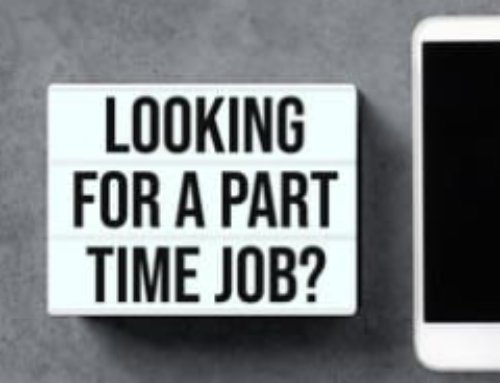Dear Sam: I am in my 50s and looking for ways to not show my age in my resume, which I think is adversely affecting my job search. I deleted the dates from my college degrees and also deleted my earliest job experience. However, I still show my employment dates for each of the jobs I have included, such as 2013-2020. Do you think this is a problem, and is there a right way to omit these dates without raising the suspicion of employment gaps? – John
Dear John: Omitting employment dates from all positions will raise enough red flags that it will likely prevent you from getting in the door every time. The omission of all dates will not raise questions about job gaps, but rather how much experience you have, and whether you have been working recently. You have taken the right approach in omitting your year of graduation and excluding earlier experience. I typically start thinking about whether an experience adds value to someone’s candidacy when I begin seeing dates back in the late 1990s—which would present 20 years of experience, 5-10 years more than the expectation—and definitely the 1980s. You have to have a compelling reason to present experience that dated as it will age your candidacy and position you as potentially overqualified and more expensive than someone with the desired number of years of experience. As long as your content is in line with today’s industry jargon, and you are not opening your resume with a statement like, “30 years of experience,” you should be seen as not such a seasoned professional and be more competitive in the job market.
Dear Sam: I have had several jobs over 10 years, including 2 in the past 2 years, and have received feedback that I have too many jobs and too many gaps in employment. If I don’t include all of my career, it looks like I am hiding something; if I do include everything, it looks terrible. What do I do? – David
Dear David: A resume is a strategic picture of what you have done, which positions you for what you now want to do. Very different from an employment application—which typically requires the disclosure of all roles—a resume affords you the ability to be somewhat selective in what you include and omit. Once you omit months in your dates with each employer, a clearer picture will emerge. Often the omission of months allows the relatively clean exclusion of short-term and unrelated positions, not to mention near elimination of the appearance of employment gaps. For example, if you were out of work from February 2018 until November 2019, and you include months and years, potential employers will see a rather large employment gap. If you omit months of employment, you end one position in 2018 and pick up another in 2019. While one would have to assume you ended one engagement in December and started the other in January, it at least closes the gap and removes a potential disqualifier. If you held multiple short-term and unrelated roles during that time out of your career, you could omit those from your resume without fear of retribution. Hiring managers understand that your resume is not a narrative of everything you have ever done, so don’t worry about being seen as “hiding” something. As I mentioned, an employment application is a very different animal, but let’s hope most of the positions you apply for are resume- and not application-driven. Best of luck.




